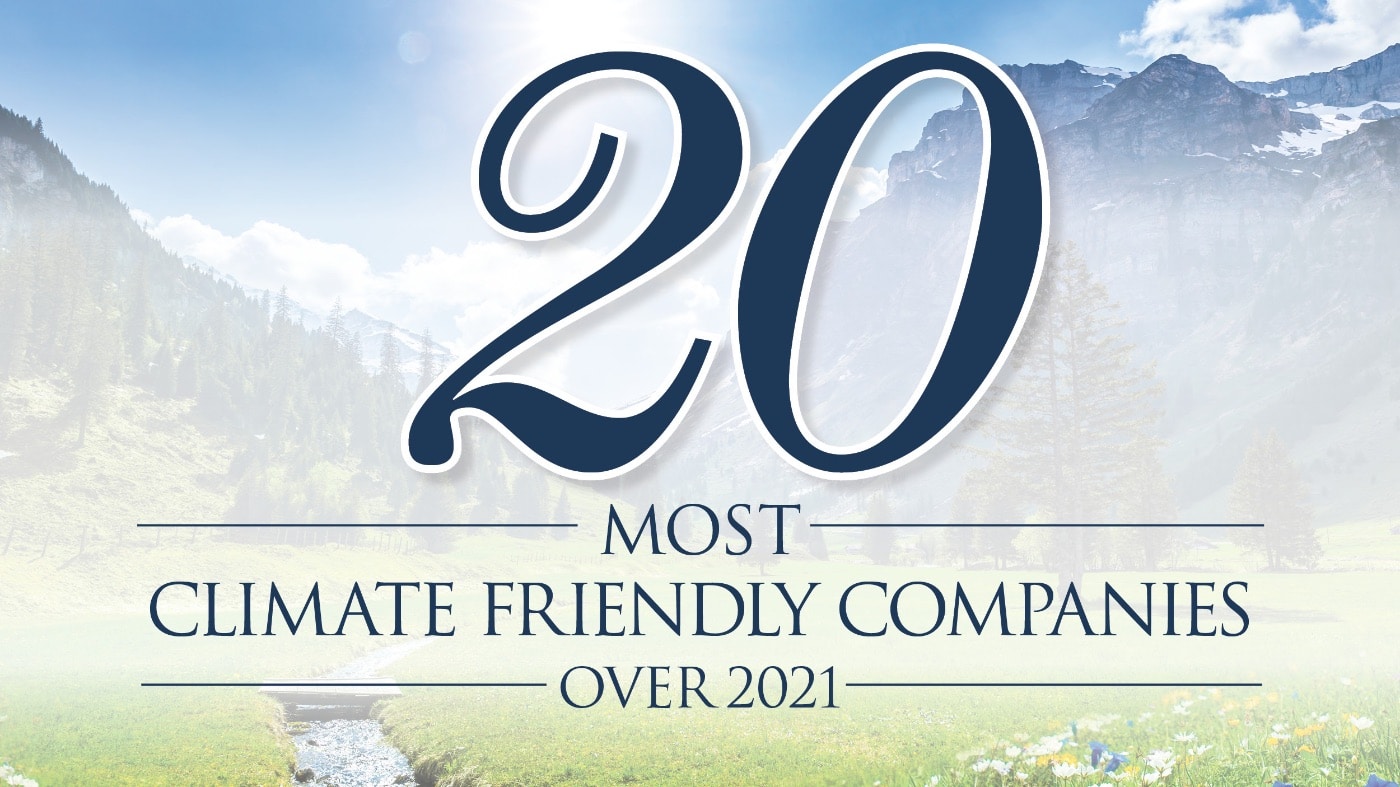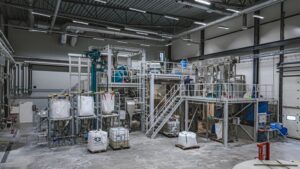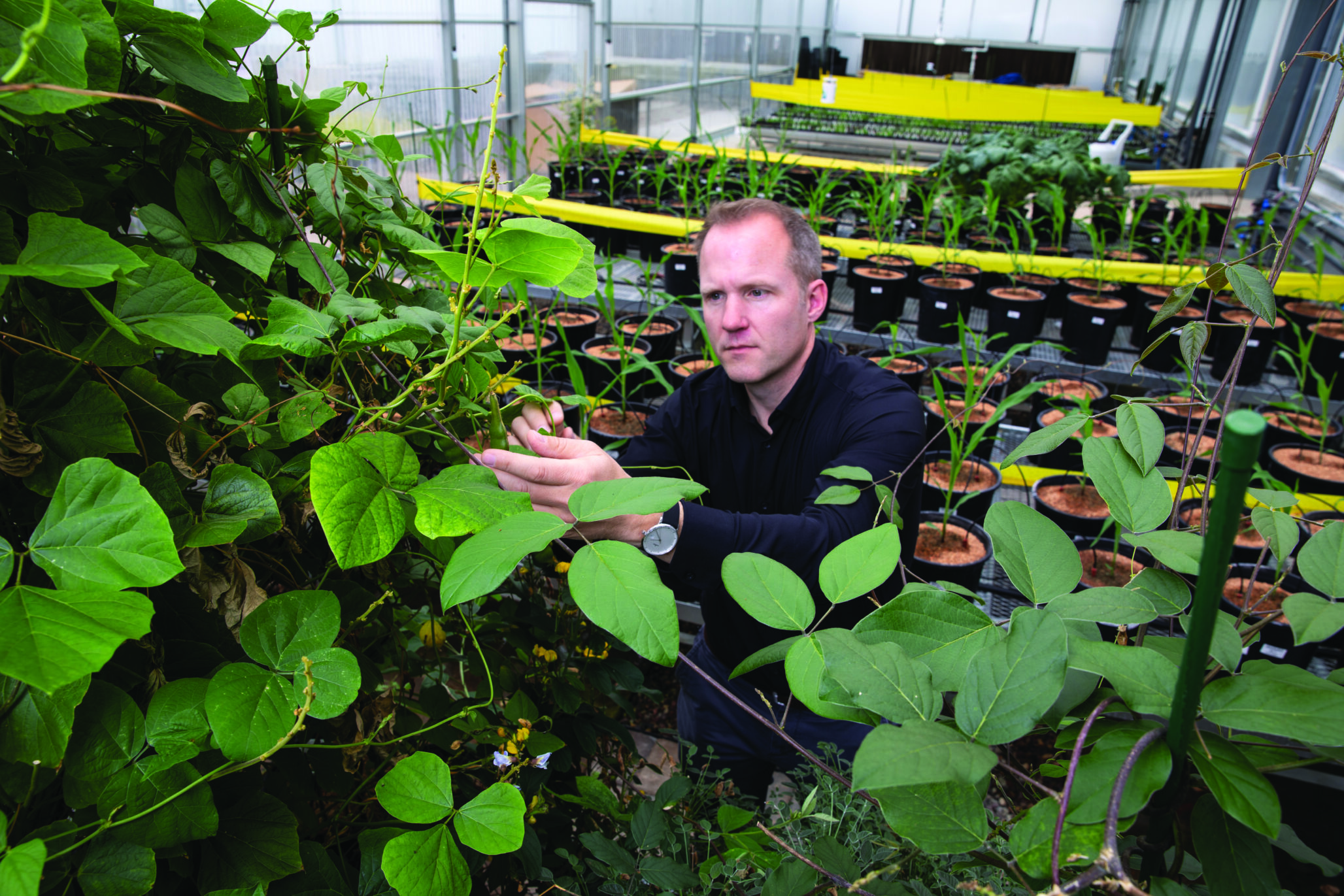In this issue of European Seed, we would like to put the spotlight on the European seed companies that are working hard and making great efforts to mitigate climate change.
To get a better picture of what European seed companies are doing to mitigate climate change, we asked all national seed associations in Europe, and many other peers in the European seed sector, to send us their nominations of companies that are embodying that effort.
Read about companies 1-5 here.
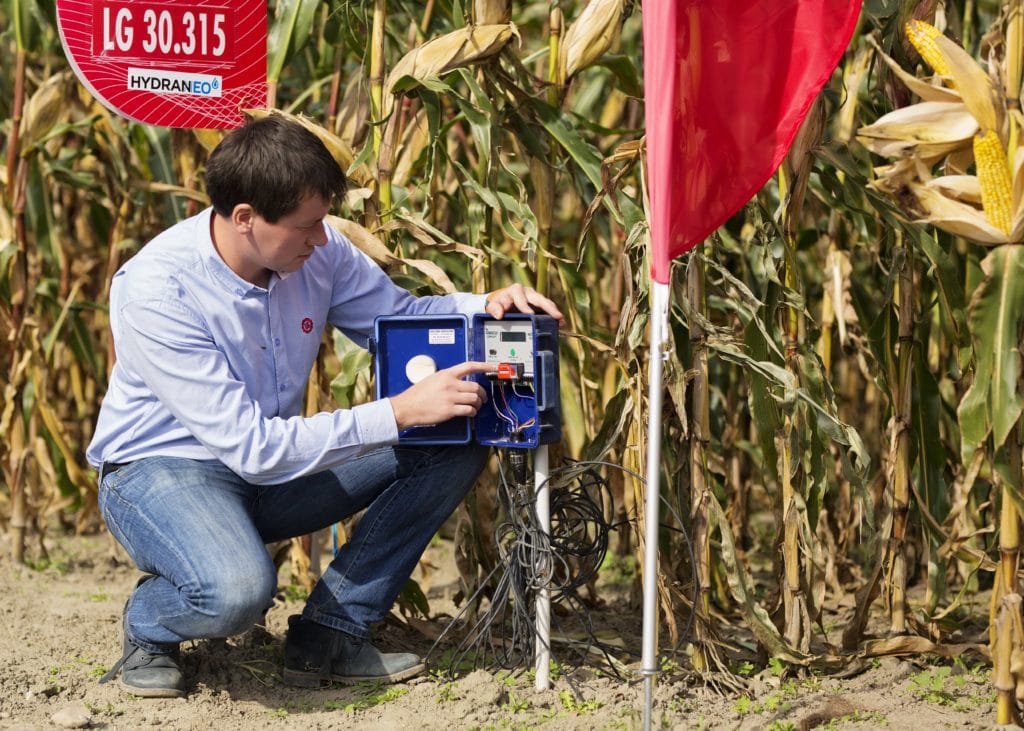
Hydraneo: An Innovative Complete Approach of Drought Management
LIMAGRAIN EUROPE, France
Drought stress affects more than 70 per cent of European grain corn acreage and results in up to 80 per cent of yield loss. LG Hydraneo is a drought management offer, combining global risk diagnosis at farm level, varietal recommendation and agronomic advice. It offers:
• Services: a global risk assessment of the field is conducted with a digital tool which evaluates the field’s stress frequency and intensity depending on the climate data, soil texture & depth and farming practices to recommend:
- the best varieties (26 varieties)
- an optimal sowing density
- the best agronomic practices to mitigate drought
• Varieties: drought tolerant varieties are evaluated across Europe with tensiometers and weather sensors to measure daily the nature, period and intensity of drought.
LG Hydraneo is implemented in 17 European countries where thousands of farmers benefit from personalized services. These practices favour a sustainable agriculture (such as early sowing, soil conservation techniques, rotation diversification, no/reduced tillage, precise fertilization…).
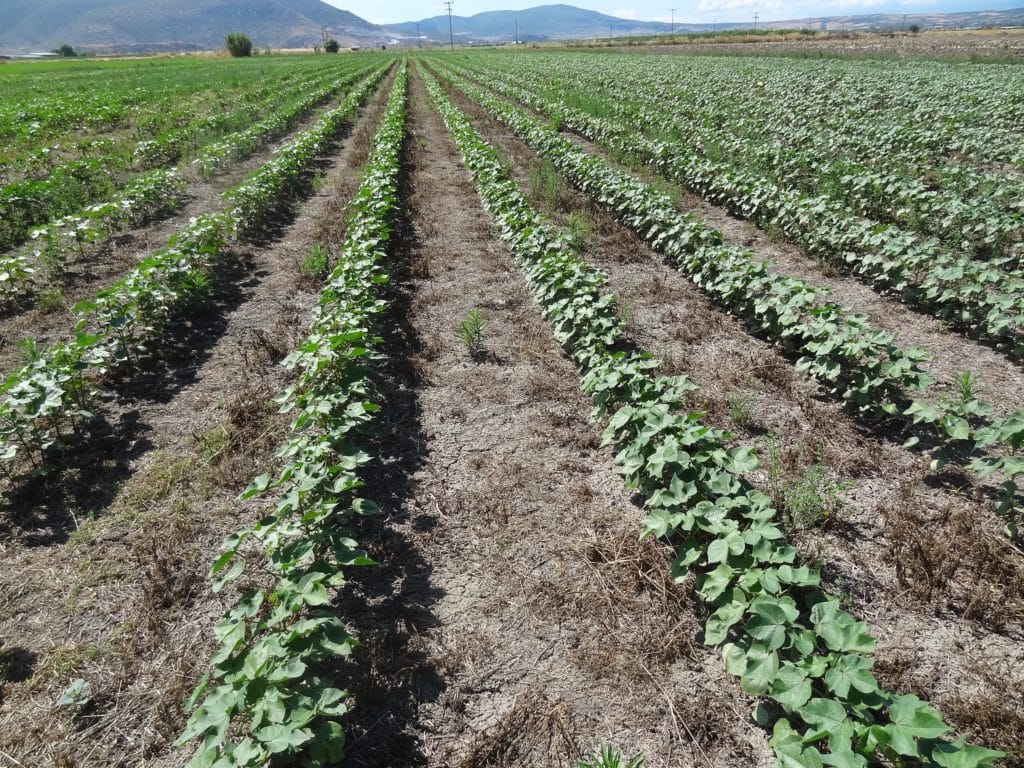
FiberMax
BASF / Univ. Thessaly, Greece
The University of Thessaly has studied the beneficial effects of Regenerative Agriculture (RA) for more than 20 years. The three main principles are minimum soil disturbance, appropriate rotations and permanent soil cover. BASF has a brand of high-quality seeds called FiberMax¬®. For the last six years BASF has established a sustainable cotton production program called CSF (Certified, Sustainable FiberMax¬®) enabling the members (+1,600 farmers) to obtain a 5 per cent premium from the value chain. Since 2020, the university has partnered with BASF to study the benefits of RA in capturing carbon in the soil following RA principles. Results: RA principles clearly reduce CO2 emissions (0.58 ton per ha) and can fix three tons of CO2 into the soil p.a. Production costs can be reduced (325€ per ha) and an extra income could be envisaged for the grower in carbon certification trading (58€ per ha).
Environmentally Friendly Seed Treatment
Lantmännen BioAgri, Sweden
Lantmännen BioAgri has been working with environmentally friendly methods for seed treatment since the beginnings of the 1990s. The goal has always been to find alternative sustainable methods that are as effective as conventional methods but with less impact on the environment. With Thermoseed we have succeeded in that mission. Growth and development never stop, and with all the sites that are up and running, it shows that the method is working well and that the seed producers, farmers and the environment can coexist in a sustainable and profitable way. Besides Thermoseed, the company has also developed a biological seed treatment, replacing chemical solutions and offering a highly effective alternative specially for the organic farming sector. This is based on the bacteria Pseudomonas chlororaphis, which was found in the Swedish mountains. The method was successfully developed and implemented for cereals, peas, and carrots. Since nearly 15 years ago more than 1.4 million litres of chemical seed treatment have been replaced.

White Cabbage Variety ‘Agressor’
Syngenta, The Netherlands
‘Agressor’ is the most widely grown white cabbage hybrid in continental conditions. Due to its thick leaves, the hybrid tolerates hot and dry growing conditions very well and has lower fertilization needs than other white cabbage hybrids. This variety also has a few excellent traits that help the fight against food waste. One of the best features is that the thick leaves provide a strong barrier against damage caused by onion thrips. This means growers don’t need to peel off leaves, resulting in a higher yield, less labour costs and less waste. Also, no or few pesticides needed to control thrips. This cabbage stores very well in cold storage too, so product can be supplied over a long period . Syngenta is helping farmers fight climate change. The company is dedicating and designing its research to improve the way crops are grown and protected so that everyone, from consumers to farmers, to the environment, benefits.
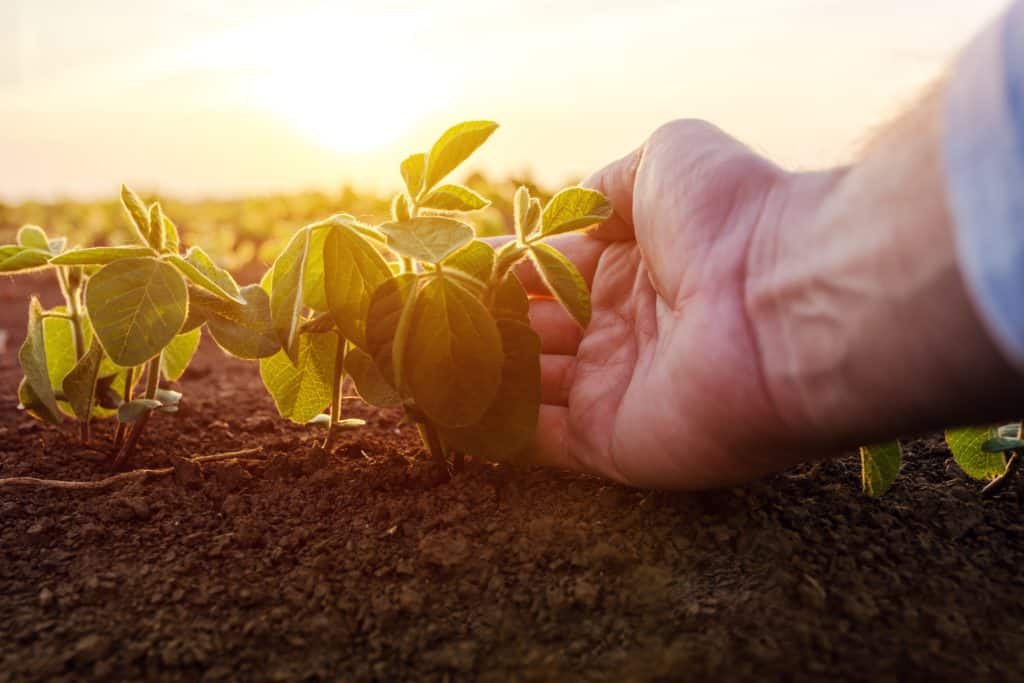
Optimizing Nitrogen Use Efficiency
Corteva Agriscience, Europe Region
When nitrogen is used efficiently, plants grow better, and the surrounding natural resources are protected. Corteva’s nitrogen stabilizers apply advanced technology to increase nitrogen use efficiency. Trials of more than 160 fields show that the Optinyte™ technology stabilizes nitrogen and enhances sustainability. This technology helps reduce nitrogen losses and increases production yields in crops such as maize, autumn-winter cereals, rapeseed, cotton, rice, sugar cane, peanut and various horticultural crops. The proven environmental and agronomic benefits of such nitrification inhibitors are a win-win for sustainable EU agriculture. They reduce greenhouse gas emission by more than 50 per cent; help mitigate the impact of climate change; prevent nitrogen leaching, reducing nitrogen loss by an average of 16 per cent; support soil health and quality water resources as nitrates contamination affect over 18 per cent of groundwater bodies in the EU; and increase productivity in maize, cereals and other crops and other crops by 11 per cent and farmers revenues by almost 9 per cent.
Check Out Past ’20 Most’ Winners:
The 20 Most Innovative Plant Varieties of 2020
20 Most Innovative Breeders in the European Seed Sector in 2019
20 Most Influential People in the European Seed Sector in 2018


